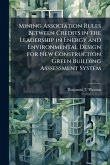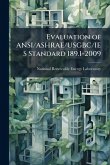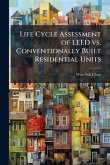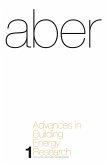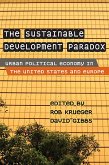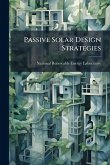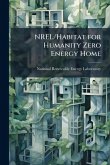The 2007 Air Force Sustainable Development and Design Policy mandates the use of Leadership in Energy and Environmental Design (LEED ) criteria for military construction projects. Additionally, the policy authorizes adding two percent of the original building budget to the total building budget in order to fund the resulting sustainable design costs. To determine if the specific sustainable design goals of this policy had statistical support in the population of LEED certified buildings, the author gathered construction, cost, and utility data on a sample of 160 LEED certified buildings. Simple correlation and descriptive statistics were used to analyze the resulting database. The correlation analysis suggests that this sample offers no statistically significant correlations between design variables. Furthermore, the descriptive statistics suggest that, although the Air Force policy will certainly achieve some of its goals, the two percent budget increase is likely to be too little to achieve LEED certification a majority of the time. Without additional design requirements, the analysis also suggests that the policy will not result in buildings that always achieve the utility reduction requirements of the Energy Policy Act of 2005 and Executive Order 13423. This work has been selected by scholars as being culturally important, and is part of the knowledge base of civilization as we know it. This work was reproduced from the original artifact, and remains as true to the original work as possible. Therefore, you will see the original copyright references, library stamps (as most of these works have been housed in our most important libraries around the world), and other notations in the work. This work is in the public domain in the United States of America, and possibly other nations. Within the United States, you may freely copy and distribute this work, as no entity (individual or corporate) has a copyright on the body of the work. As a reproduction of a historical artifact, this work may contain missing or blurred pages, poor pictures, errant marks, etc. Scholars believe, and we concur, that this work is important enough to be preserved, reproduced, and made generally available to the public. We appreciate your support of the preservation process, and thank you for being an important part of keeping this knowledge alive and relevant.
Bitte wählen Sie Ihr Anliegen aus.
Rechnungen
Retourenschein anfordern
Bestellstatus
Storno


